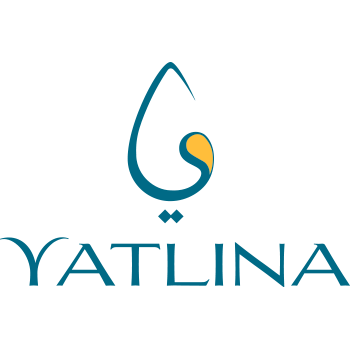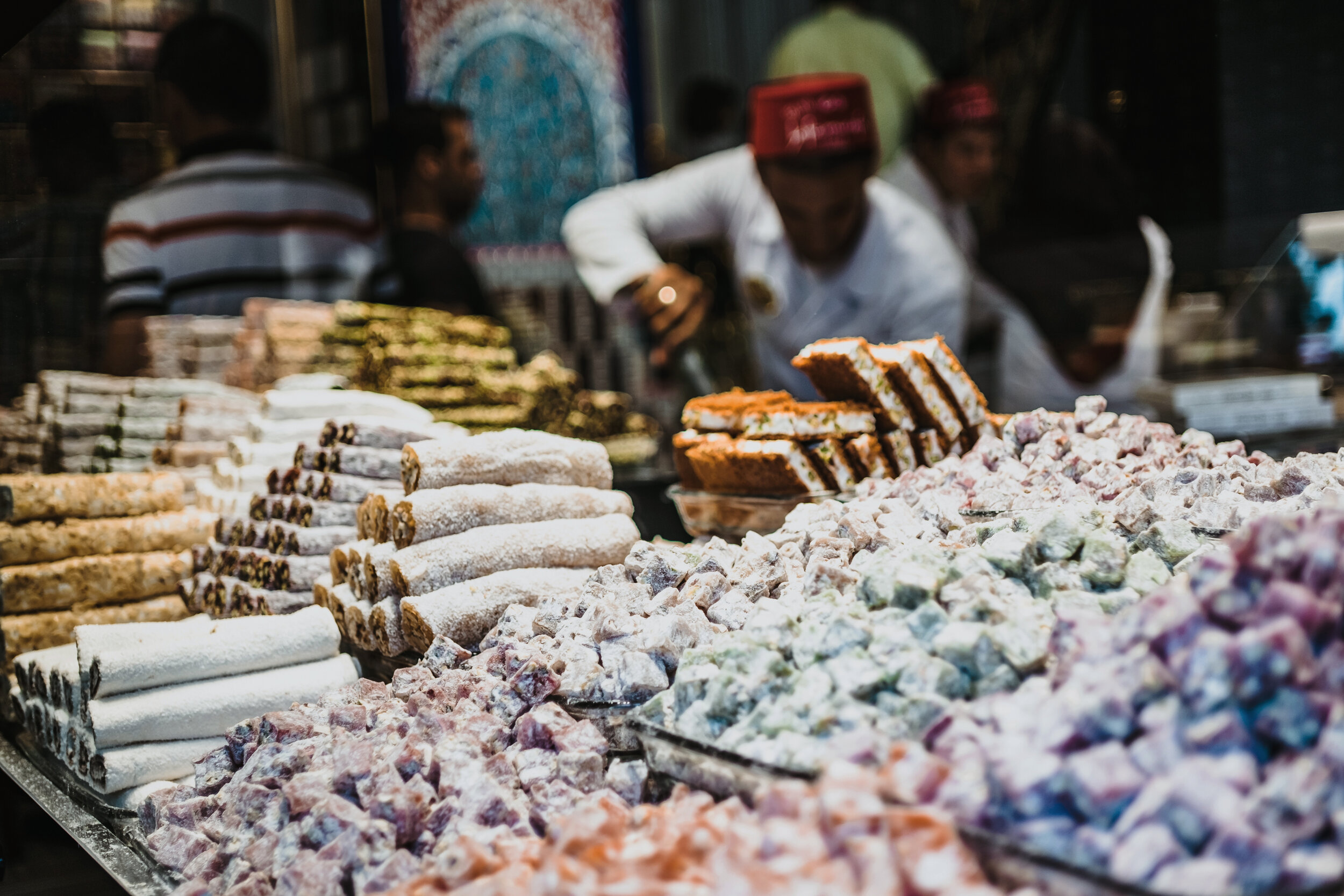What are Hydrosols?
Distillation Process
Hydrosols are the water left over from the distillation of plant material. In some cases, the plant material is distilled explicitly to produce its hydrosol by artisanal distillers.
Unlike Essential oils, hydrosols do not dissolve in oil but in water instead.
The purpose of your use or product can influence where you source the hydrosol. It is usually cheaper if it's a by-product of essential oil distillation. However, when explicitly distilled to produce hydrosol, with the essential oil being the by-product, it is usually held to a higher standard of hygiene. It can be classed as food grade and suitable for internal consumption.
Hydrosols are quick to grow bacterial contaminants due to the high ratio of water in them. So I always advise buying only what you need for immediate use; it's no use buying a big litre bottle if you only need about 100ml as a face toner every night.
The different hydrosols on the market can vary greatly; some will have added preservatives to prolong shelf life, which is not suitable for aromatherapy use since their components will be altered and can only be used for scenting purposes.
Therapeutic Value .
Pure hydrosols have a lot of therapeutic value and are a gentler way of using aromatherapy than essential oils. They are so delicate that they can be used on babies, animals and compromised skin in most cases. A small percentage of essential oil chemicals are dissolved in the hydrosol but not in high concentrations
Also known as Hydrosol - Hydrolat - Flower water - Floral Water (there are slight variations in the definitions, but you will see it being used interchangeably in text)
Chemistry: Water-based and will take on the characteristics of the plant it is extracted from but at a much gentler concentration than the essential oil.
Aroma: This can sometimes differ from the plant extracted as it does not have fat-soluble components. Some exceptions, like Orange and rose water, smell pretty close to the plant.
Suitable for: Aromatherapy applications where sensitivity is an issue. Food flavouring. Cosmetic products. Perfumery.
Preservation: True hydrosols are not preserved; however, to extend shelf life, sometimes a natural preservative is added or, in some cases, alcohol. In that case, the use of the product might not be suitable for all purposes.
Hydrosols in food
Hydrosols, also known as floral water, have been used in culinary cuisine for hundreds of years. Turkish delight is a prime example of using rose water to flavour a treat, as is neroli bloom water added to many Middle Eastern and Indian sweets.
Which Yatlina Product contains Hydrosols
REFERENCE
1- “Hydrosols and Water-Soluble Essential Oils: Their Medicinal and Biological Properties” https://www.researchgate.net/publication/270281550_Hydrosols_and_Water-Soluble_Essential_Oils_Their_Medicinal_and_Biological_Properties










